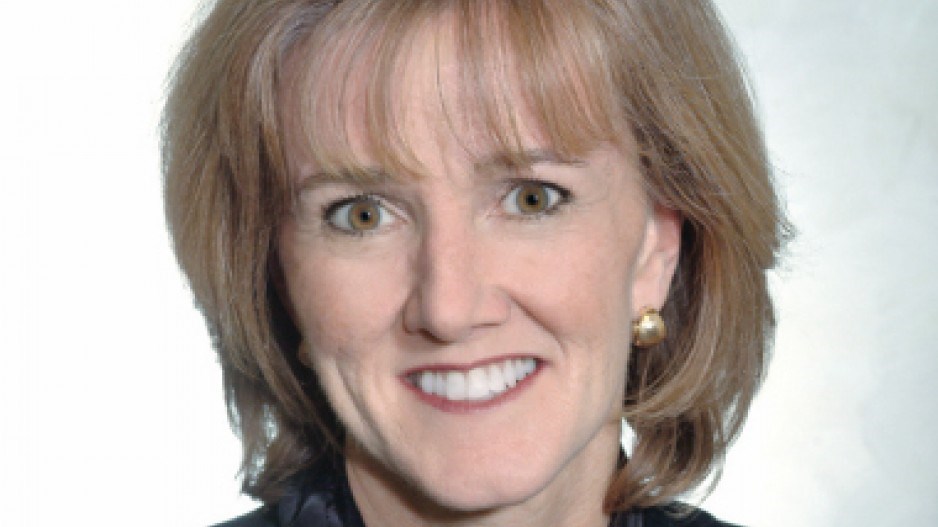The U.S. needs to eliminate the conflicts of interests and lack of transparency and oversight in the world’s largest capital market to do a better job of protecting investors and help raise investor confidence.
That’s one of the key recommendations in a recent report by the CFA Institute that calls for needed improvements to how the capital markets are regulated in the U.S.
“The current system has outlived its useful lifespan,” said Linda Rittenhouse, the institute’s director of capital markets policy and author of the report. “We need better governance structures, better oversight, better transparency.”
According to a global investor survey conducted by the institute this summer, only half of average retail investors worldwide trusted the investment management and financial services industry. The highest level of investor trust was in Hong Kong where nearly 70% of survey respondents felt financiers protected their best interests.
Investor confidence was lowest in the U.K. where only 33% of respondents trusted the financial services industry and 39% trusted investment management firms. The finance sector fared slightly better in North America where about 45% of investors said they trusted their bankers and investment advisers.
Rittenhouse said the results are not surprising given the steady stream of Ponzi schemes and market scandals that have continued to be uncovered around the world since the global financial crisis. As a result, “investor trust is at an all-time low.”
According to the report, updating securities regulations and laws surrounding self-regulatory organizations (SROs) in the U.S. is urgently needed as a first step to improving market oversight and investor protection.
While the US Securities and Exchange Commission (SEC) has been the national regulator responsible for the entire market since it was founded in 1934, much of the day-to-day oversight and rule-making functions have been passed on to SROs operating in the market.
But unlike in Canada and other jurisdictions, SROs in the U.S. have not removed the inherent conflict of interest in U.S. market. For example, since becoming profit-making enterprises, the various stock exchanges in the U.S. still regulate their own issuers instead of having an arms-length third-party do it.
Regulators and industry analysts fear the problem will continue to grow if not addressed, especially after the SEC imposed a $6 million penalty against the Chicago Board Options Exchange in June for “failure to enforce or even fully comprehend rules to prevent abusive short selling” on its exchange.
The penalty was the first assessed by the SEC against an exchange for “violations related to its regulatory oversight.”
“There were so many things that were wrong going on at the same time. It’s not supposed to happen,” said Rittenhouse. “It undermines the whole credibility of the system and investor trust in the system.”
She also suggested that new SROs or even new global standards be explored to further improve the integrity of the capital markets in the U.S. and around the world.
Establishing new international financial standards, for example, could become a de facto industry norm that would not necessarily rely on government.
It would also avoid creating potentially “bad regulations” that don’t necessarily resolve a regulatory problem but also stifle innovation in the financial industry.
“It’s a pure form of self-regulation that holds a lot of promise. You certainly have to get buy-in from people who see it as a market advantage to raise the standard and commit to adhering to high transparency and governance standards,” she said. “Ultimately, investors would rather deal with entities that deal with the highest standards.” •




